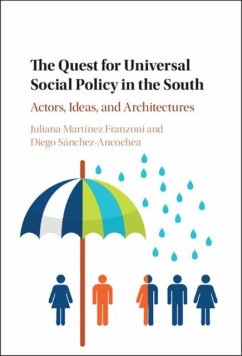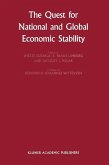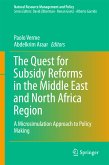Universal social policies have the power to reduce inequality and create more cohesive societies. How can countries in the South deliver universalism? This book answers this question through a comparative analysis of Costa Rica, Mauritius, South Korea, and Uruguay, and a detailed historical account of Costa Rica's successful trajectory. Against the backdrop of democracy and progressive parties, the authors place at center stage the policy architectures defined as the combination of instruments that dictate the benefits available to people. The volume also explores the role of state actors in building pro-universal architectures. This book will interest advanced students and scholars of human development and public and social policies, as well as policymakers eager to promote universal policies across the South.
Dieser Download kann aus rechtlichen Gründen nur mit Rechnungsadresse in A, B, BG, CY, CZ, D, DK, EW, E, FIN, F, GR, HR, H, IRL, I, LT, L, LR, M, NL, PL, P, R, S, SLO, SK ausgeliefert werden.









